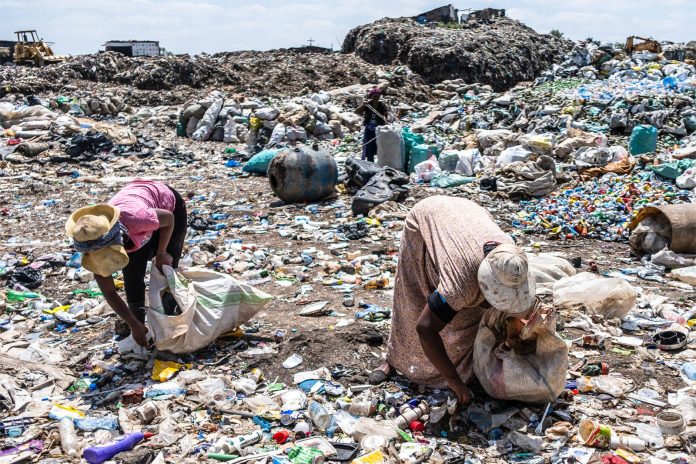In 2022, Accra, the capital city of Ghana, achieved a remarkable milestone by securing a substantial grant from the Global Cities Fund for Migrants and Refugees (GCF). This grant signified a critical moment in Accra’s ongoing endeavors to tackle the challenges facing migrant populations while simultaneously fostering the growth of the green jobs sector. The city of Accra designed this groundbreaking initiative to facilitate the integration of over 200 migrant waste workers into the formal economy. Alongside this, it aimed to provide crucial support services encompassing financial inclusion, healthcare, and childcare.
Accra, much like numerous urban hubs across Africa, acts as a magnet for internal migrants originating from various regions within Ghana and neighboring countries. Upon arrival, migrants often encounter many barriers hindering their access to essential services and employment opportunities. These hurdles include language barriers, discrimination, and bureaucratic challenges related to documentation. Consequently, many migrants find themselves working in the informal waste management sector, grappling with underemployment, hazardous work environments, and a specter of legal repercussions. Additionally, they bear a disproportionate burden of the adverse effects stemming from climate change, including heightened health risks and exacerbated food insecurity.
The receipt of the Global Cities Fund for Migrants and Refugees (GCF) grant represents a significant step forward for Accra in addressing these pressing issues. Accra initiated this project putting at its core Inclusivity, sustainability, and economic empowerment. The project seeks to facilitate the transition of migrant waste workers from the informal to the formal economy, thereby affording them greater stability and opportunities for advancement.
Read also: Greening cities for a sustainable Africa and lessons for counties
Crucially, the initiative extends beyond economic integration, encompassing a comprehensive array of support services tailored to the specific needs of migrant communities. These services include initiatives to promote financial literacy and inclusion, enhance access to healthcare services, and establish childcare facilities within proximity to waste management hubs. The project endeavors to uplift migrant workers and their families, fostering a conducive environment for their socioeconomic advancement by addressing the fundamental issues they face.
A cornerstone of the initiative involves robust data collection and community engagement efforts aimed at better understanding the dynamics of the informal waste management sector. By garnering insights into the lived experiences of migrant waste workers, city authorities can formulate targeted interventions that effectively address existing challenges and promote sustainable development. Moreover, the establishment of multi-stakeholder platforms facilitates dialogue and collaboration between city officials, waste workers, and community leaders, thereby fostering a sense of ownership and collective responsibility.
In parallel, efforts are underway to promote environmentally sustainable waste management practices, thereby aligning economic development with ecological stewardship. Facilitating the formalization of waste cooperatives and incentivizing participation in recycling initiatives, the project endeavors to mitigate the environmental impact of waste management activities while creating new avenues for employment and economic growth. Ultimately, the integration of migrant waste workers into the formal economy enhances their socioeconomic well-being and contributes to the resilience and vitality of Accra. Embracing principles of inclusivity, sustainability, and social equity, Accra establishes itself as a pioneering model for other cities confronting comparable challenges.
Through strategic partnerships, innovative interventions, and a steadfast commitment to positive change, Accra stands as a source of inspiration for progress in the pursuit of a more just and sustainable future for all.




